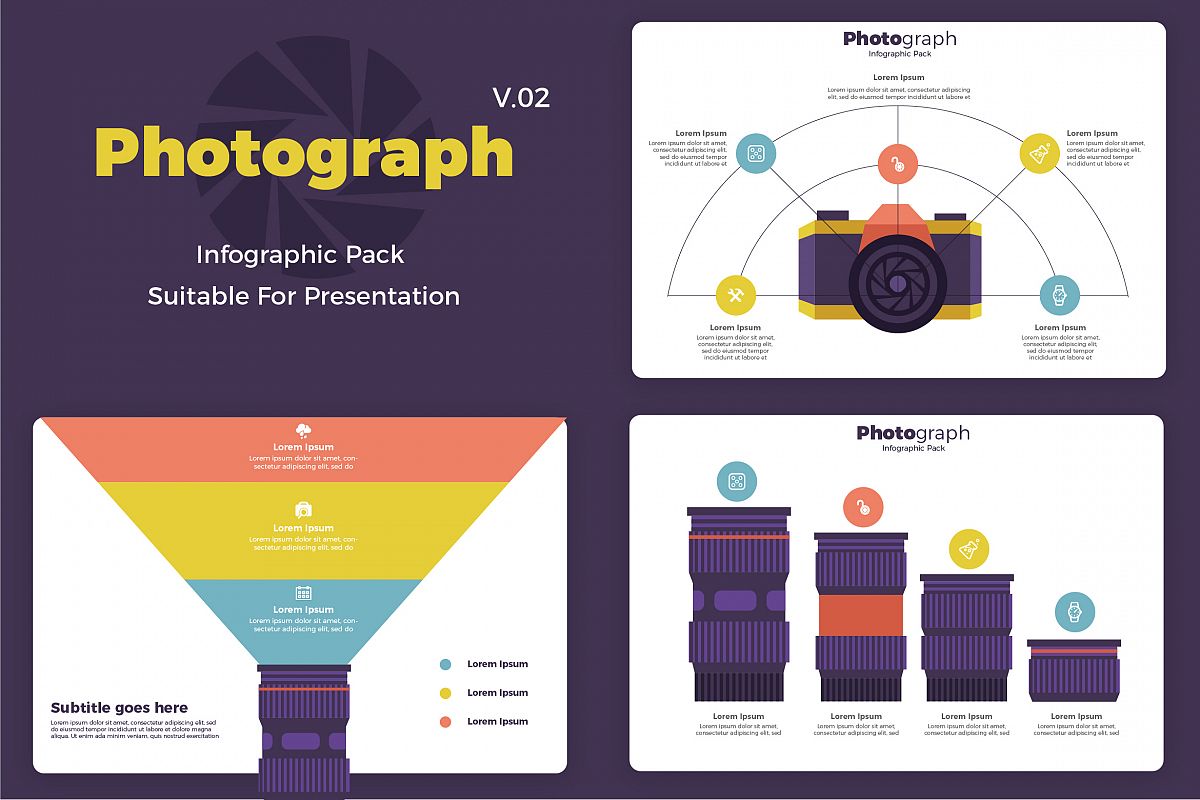Digital Photography Tips For Beginners: Mastering Your Camera In No Time
Digital Photography Tips For Beginners: Mastering Your Camera In No Time
Blog Article
Content Written By-Lindgreen Dalton
When you first get your video camera, it can feel overwhelming with all the setups and options offered. You may find yourself asking yourself just how to navigate aperture, shutter speed, and ISO properly. Understanding these basics is vital, however there's even more to digital photography than just technical knowledge. Recognizing composition strategies and illumination conditions can elevate your images drastically. So, what happens if you could discover straightforward strategies to improve your abilities and start recording remarkable images quicker than you assume? Let's discover just how to change your photography trip.
Recognizing Video Camera Setups
Understanding your video camera setups is critical for catching spectacular photos. When you get your cam, familiarize on your own with the 3 primary setups: aperture, shutter speed, and ISO. Each plays a crucial function in exactly how your pictures end up.
Beginning with aperture, which controls the amount of light entering the lens. A larger aperture (lower f-number) lets in a lot more light and creates a stunning background blur, perfect for pictures. Alternatively, a narrower aperture (greater f-number) keeps more of the scene in emphasis, perfect for landscapes.
Next, focus on shutter speed. This setting identifies for how long your video camera's sensing unit is exposed to light. A fast shutter speed ices up movement, which is excellent for action shots, while a sluggish shutter speed can produce magnificent results like smooth water in landscapes.
Lastly, change your ISO. This setup influences your cam's sensitivity to light. https://writeablog.net/chang613kelley/innovative-photography-ideas-releasing-your-creative-imagination in low-light circumstances but can introduce sound or grain. Go for the most affordable ISO feasible while still accomplishing appropriate exposure.
Composition Techniques
When you're out capturing, make-up can make all the difference in how your images reverberate with audiences. Start by using the regulation of thirds; picture your framework split into nine equivalent areas with two horizontal and 2 vertical lines. Position crucial elements along these lines or at their junctions to produce balance and passion.
Next, think about leading lines. These natural lines in your scene, like roadways or rivers, attract the viewer's eye right into the photograph, guiding them with the tale you're informing.
Do not forget framing; usage elements within your scene, like trees or home windows, to produce a frame around your topic, adding depth and focus.
Additionally, watch on your background. A cluttered background can sidetrack from your main topic, while a basic one assists it attract attention.
Last but not least, trying out proportion and patterns; they can create a striking picture that captures interest.
Mastering Illumination Conditions
Grasping illumination problems is crucial for recording sensational pictures, as the appropriate light can change an average scene into something remarkable.
Start by observing all-natural light at various times of the day. Early mornings and late afternoons provide the best light, referred to as the golden hour. The soft, warm tones during these times can boost your photos magnificently.
Do not shy away from cloudy days either; diffused light can minimize extreme darkness and create a pleasing impact, especially for portraits.
Explore backlighting by placing your topic versus the light. This technique can develop a dreamy halo impact and include depth to your images.
Take notice of your video camera setups as well. Change the ISO, aperture, and shutter speed to fit the illumination conditions. A greater ISO can assist in low light, but be cautious of grain.
Make use of a tripod in darker settings to avoid blur.
Lastly, do not fail to remember artificial lights. Flash and constant lights can be wonderful devices for regulating light in difficult problems.
Final thought
In conclusion, understanding your camera does not need to be overwhelming. By understanding your setups, using make-up techniques, and using the power of all-natural light, you'll quickly elevate your digital photography skills. Keep in mind, practice makes excellent, so venture out there and try out your newly found expertise. With time and devotion, you'll be catching magnificent photos that mirror your distinct viewpoint. Enjoy the trip, and do not fail to remember to have fun while you're at it!
